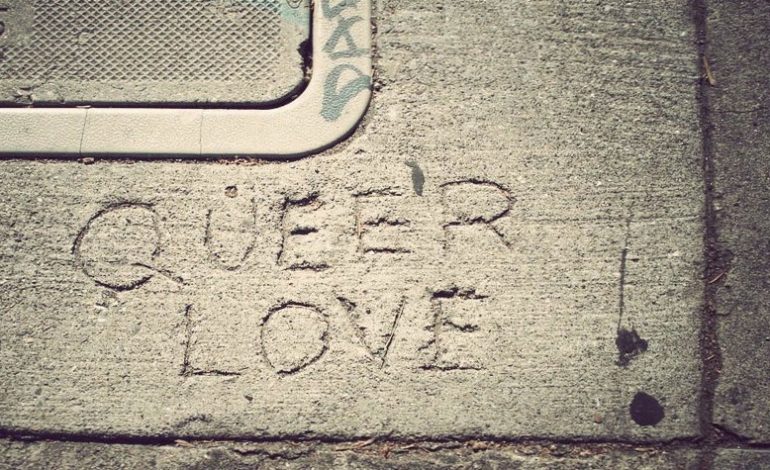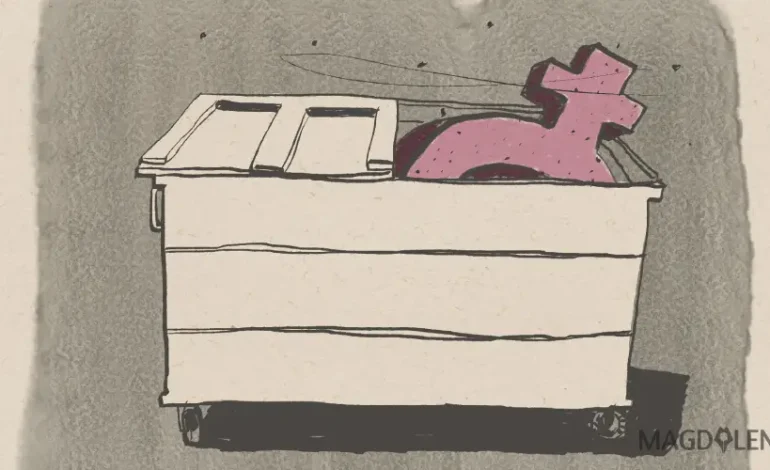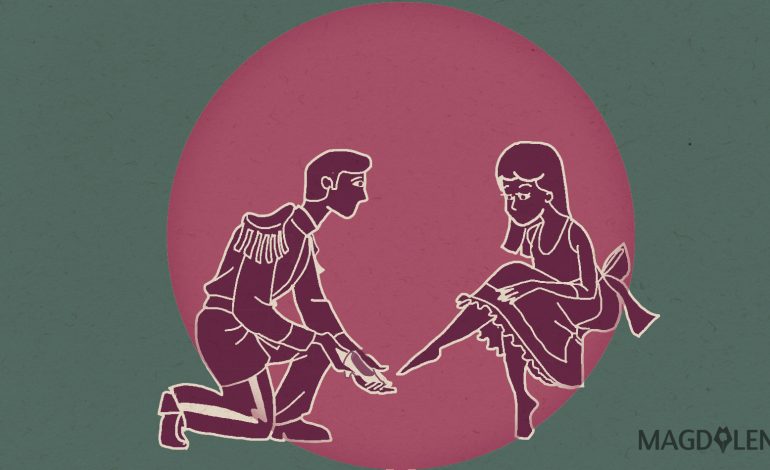Director Paul Agusta Underlines Similarities in “Parts of the Heart”

“I’m not a queer filmmaker; I’m a filmmaker who happens to be a queer.”
Such was the reason Paul Agusta never made a movie about homosexuality until now: directors who start their career by making queer films will forever be labelled a queer filmmaker.
His third film Parts of the Heart tells the story of a gay man named Peter from the age of 10 to 40. It covers eight contemplative love stories in chronological order about growing up as a homosexual in Indonesia, including Peter’s first infatuation, first sexual experience, multiple heartbreaks, pressure from the traditional society, all the way to the day he settled down at the age of forty.
The film was screened May 23 by SGRC UI (Support Group and Resource Center on Sexuality University of Indonesia) as part of the group’s event to commemorate IDAHOBiT 2015 (International Day Against Homophobia, Biphobia and Transphobia). Along with the movie, the group also organized “Colorful Run” and a selfie photo contest. Having previously been canceled due to some unannounced reasons, the screening at the Faculty of Psychology of University of Indonesia, was attended by 50 people. Paul, who directed the movie and wrote the script, stayed for a discussion afterward.
He boldly admitted that the movie was 80 percent based on his own life experience. He tried to make the film as similar as possible with the real event, words to words, based on his memory. The film is an introspective attempt, a hope that the lessons he learned can be passed on to others.
Parts of the Heart has been played in around 40 international festivals, including in Rotterdam, Korea, and Vancouver, but in Indonesia it has always stumbled upon censorship issues.
“People in the Netherlands were actually really surprised. They never thought that Indonesians could be that open towards homosexuality issue, and of course I told them, ’You’re right!’. I’m not the representation of Indonesians. I’m the representation of my circle. Indonesians are not that open,” he said.
His parents have always been very supportive about him being gay. “The first time I came out to my mother, she said, ‘Oh okay, and I’m a bisexual,’ and I was like, ‘Wow, mom! Alright, too much information!’,” he added.
The most frequent comment that he got from people who have watched the film is that they tend to think that the film is not actually about being gay.
“They said that it is a movie about love, and I couldn’t agree more. I think the problem with LGBT films, whether it’s in Indonesia or other countries, is that most of them mostly emphasize on the differences,” said Paul.

He argued that instead of portraying homosexuals as victims who go through many hardships in life, filmmakers should underline similarities and focus more on things that all people have in common.
“Instead of being perceived over and over again as struggling victims and alienating ourselves, I prefer that we highlight the value of likeness and honesty. We all have been in love; we all have gone through heartbreaks. Moreover, how long will we continue to nag about being oppressed and marginalized? Emphasizing on that point will only draw even thicker lines between homosexuals and non-homosexuals. Yes, Parts of the Heart is not entirely about homosexuality, it’s a film about people in love,” he said.
He admitted that he never joined any protests related to the Lesbian Gay Bisexual and Transgendered (LGBT) issues. Demanding the legalization of same-sex marriage is impossible when the national televisions still consider homosexuality as an abnormality, he said.
“Again, it is good to let people know that we exist, but do not make the impression that we are separated. Here is where we need organizations like SGRC UI. Your organization is not here to classify or categorize people; you’re here to bring people together regardless all the differences. We need to educate people, so that they can take off the word ‘abnormality’ while talking about homosexuals. Don’t dream of legalizing same-sex marriage, if you still hear questions like, ‘Can we cure homosexuals?’,” he pointed out.
SGRC UI conducted the events to raise awareness, especially among academicians, about the issue of LGBT. Homophobia is pervasive in Indonesia, causing discrimination and violence against gay and transgendered people. In fact, since 1993 the Ministry of Health Indonesia has no longer considered homosexuality a mental disorder, which means that any kind of discrimination towards LGBT people is a violation of human rights.
*Photo by Sebastian Raskop






















